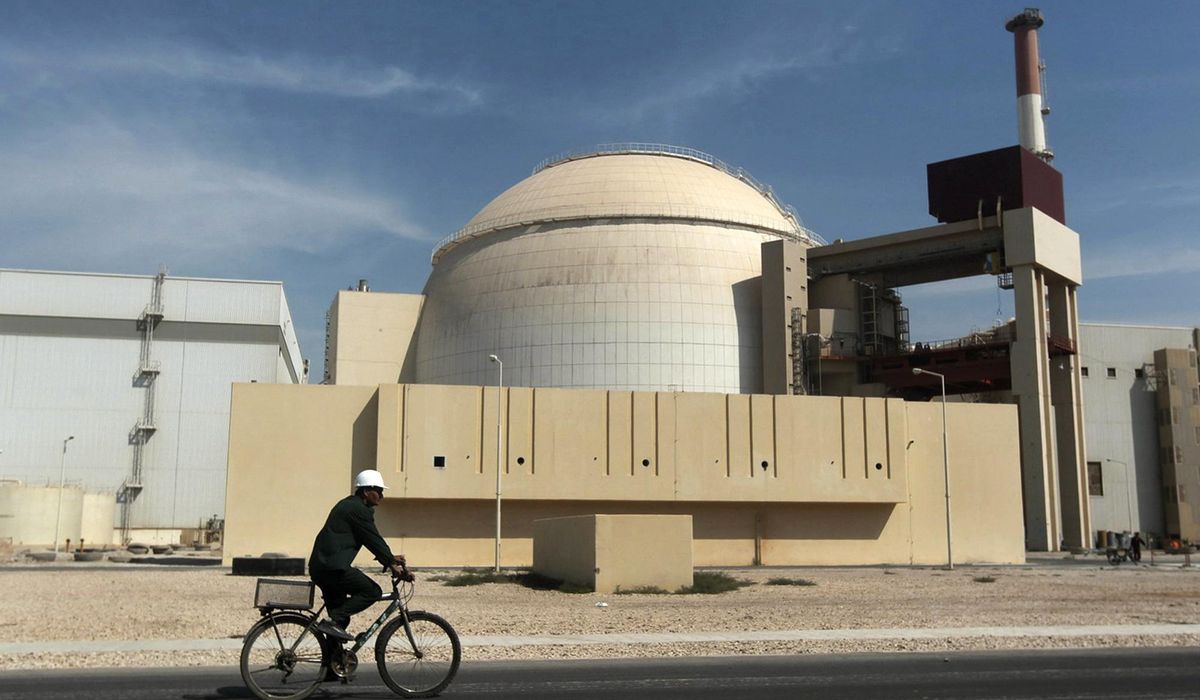
Iran‘s foreign minister will travel to Moscow on Tuesday to try to address a last-minute hitch that threatens to upend delicate talks on reviving the 2015 Iran nuclear deal.
Iranian officials said Monday that Foreign Minister Hossein Amir-Abdollahian will meet with Russian officials after the Kremlin demanded new guarantees that U.S. and Western sanctions on Moscow imposed after its invasion of Ukraine would not affect Russia’s bilateral trade with Iran.
The Biden administration has rejected the linkage, which came just as the international coalition of countries — including both the U.S. and Russia — appeared on the verge of reviving the 2015 deal that President Trump repudiated in 2018.
Britain, France and Germany, all signatories to the deal, warned that the latest talks could collapse if the impasse over Russia’s demands was not broken
Iranian officials have insisted they remain committed to the talks, being held in Vienna, and said they were confident Russia’s objections would not torpedo a deal.
Iran‘s top security official, Ali Shamkhani, tweeted on March 14 that Tehran will stay in the talks until a “strong agreement that meets all our legal and logical demands” is reached.
But the hardline government in Tehran again on Monday put the failure to clinch a deal so far on Washington, appearing set to blame the U.S. if the delicate talks break down.
Iranian Foreign Ministry spokesman Saeed Khatibzadeh told reporters on March 14 that Mr. Amir-Abdollahian will “go to Moscow on Tuesday,” according to a report by the U.S. government-funded Radio Free Europe/Radio Liberty.
He said negotiators were “not at a point of announcing an agreement now since there are some important open issues that need to be decided upon by Washington.” He said as soon as those decisions are made, negotiators would “be able to return to Vienna and reach a final agreement.”
The outlines of the deal gave Iran sanctions relief in exchange for curbs on its nuclear program. The U.S. reimposed punishing sanctions on Iran and its trading partners after Mr. Trump’s withdrawal, and Iran has responded by repeatedly exceeding the limits on its suspect nuclear programs set in the original 2015 deal.
There was also fresh evidence Monday of the political lift Mr. Biden faces in selling any deal back home. Bipartisan critics in Congress have condemned the emerging deal, which they say does not address Tehran’s conventional military threat or its support for anti-U.S. and anti-Israel forces throughout the Middle East.
Some 49 out of 50 GOP senators sent a letter to the White House on Monday saying they would reject any new agreement that removed sanctions against Iran for funding international terrorism.
“By every indication, the Biden administration appears to have given away the store,” they wrote in the letter. “The administration appears to have agreed to lift sanctions that were not even placed on Iran for its nuclear activities in the first place, but instead because of its ongoing support for terrorism and its gross abuses of human rights.”
The only GOP lawmaker to not sign on to the letter was Sen. Rand Paul of Kentucky. Mr. Paul said his decision was out of principle since there was nothing yet to oppose.
Although deal opponents are set on pushing forward a vote, it is unlikely they would succeed in killing the deal outright. Any deal with Iran is unlikely to be submitted to Congress as a treaty, which requires a two-thirds Senate vote ratification. Mr. Biden could veto any congressional resolution of disapproval of the deal and force opponents to muster two-thirds majorities in both chambers to override him.





